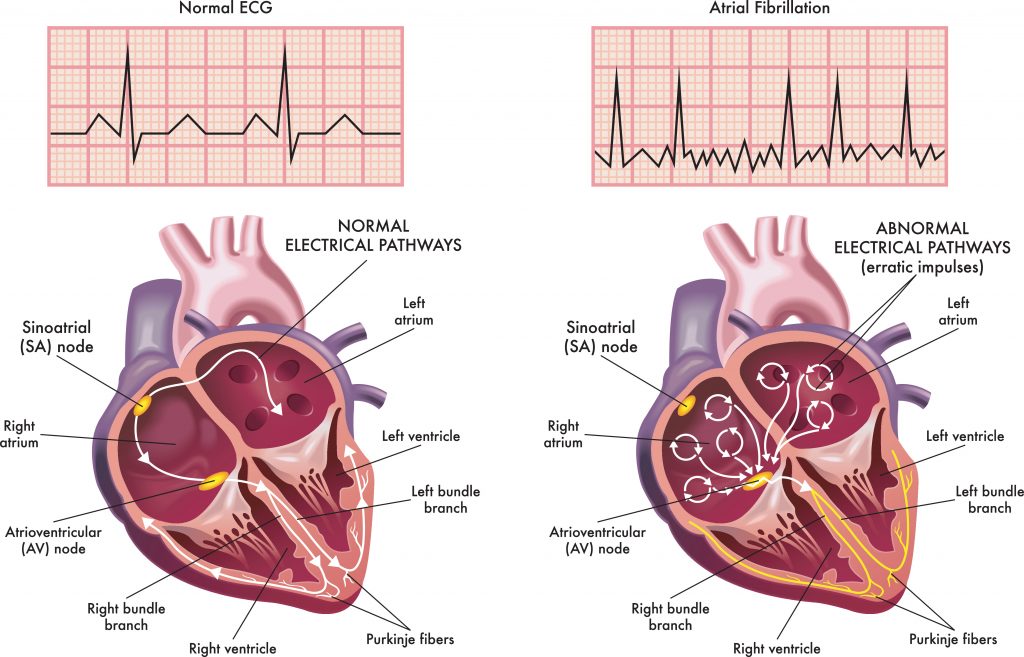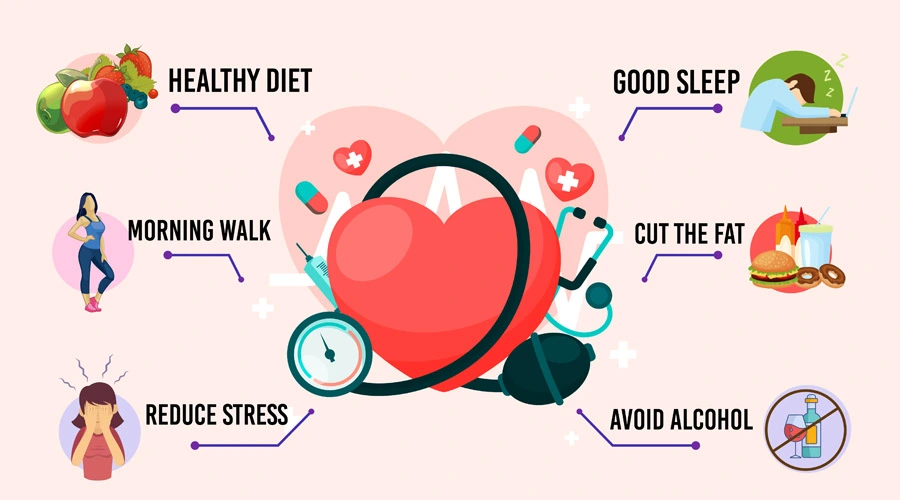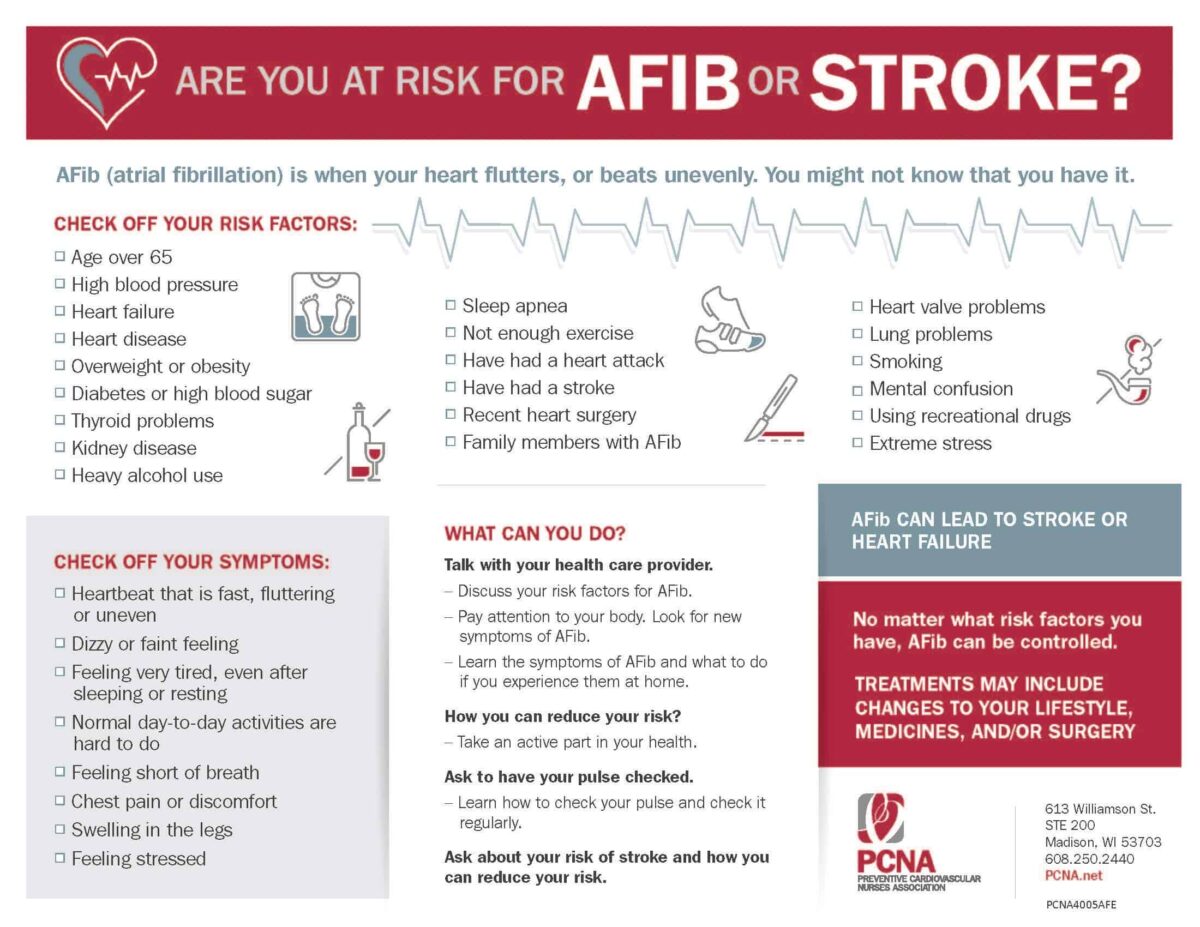🫀 Understanding AFib and Its Causes
AFib occurs when the heart’s upper chambers beat irregularly, often leading to symptoms like palpitations, fatigue, or shortness of breath. Common causes include high blood pressure, heart disease, or lifestyle factors. In 2025, guidelines emphasize early detection through wearables or checkups.

Atrial Fibrillation – About the Heart
Key points:
- Prevalence: Affects millions, especially over 65.
- Risks: Increases stroke chance; anticoagulation may help.
- Diagnosis: Via ECG or monitoring.
Disclaimers: Based on general research; professional diagnosis essential.
🔊 Management Options for AFib
Management focuses on controlling symptoms, reducing risks, and improving quality of life. Consult a doctor for personalized plans, as options include medications, procedures, and monitoring.
| Option | Description | Considerations |
|---|---|---|
| Rate Control | Medications like beta blockers to slow heart rate. | Common first step; may reduce symptoms. |
| Rhythm Control | Antiarrhythmic drugs or cardioversion to restore rhythm. | For select cases; catheter ablation as first-line in some. |
| Anticoagulation | Blood thinners to prevent clots and stroke. | Based on risk scores; terms apply. |
| Lifestyle Interventions | Weight loss, exercise, alcohol moderation. | Many report benefits; results may vary. |
| Procedures | Ablation or devices like pacemakers. | Emerging options in 2025; consult specialist. |
🚫 Avoid unverified treatments—always seek medical advice.

What Does a Heart Specialist Do? A Comprehensive Overview
✅ Best Practice: Regular follow-ups with a cardiologist.
🌿 Natural and Lifestyle Strategies
Complementary approaches may support management; discuss with a healthcare provider.
- Exercise and Diet: Moderate activity and heart-healthy foods like fruits, veggies.

5 Guidelines for Healthy Living After a Heart Attack
- Stress Reduction: Yoga or meditation to potentially ease triggers.

Top 5 Lifestyle Changes Recommended by Cardiologists for a Healthy …
- Avoid Triggers: Limit caffeine, alcohol; quit smoking.
- Monitoring: Use apps or devices for tracking.
Note: These are supportive; not cures—results vary.
📚 Educational Heart Health Resources
Access reliable information through trusted organizations. Here’s an overview:

AFib and Stroke Infographic – PCNA
- American Heart Association brochures on AFib.
- CDC toolkits for heart disease awareness.
- Mayo Clinic guides on diagnosis and treatment.
Many resources offer free materials for education.
💡 Tips for Ongoing Management
Incorporate habits like regular checkups and adherence to plans. Based on typical reports, proactive steps may help.
🔗 Helpful Resources
For more details, visit these authoritative links: